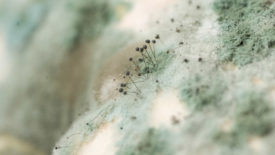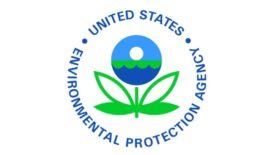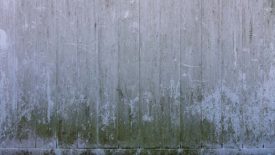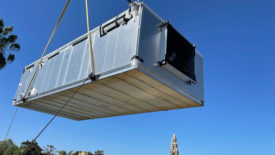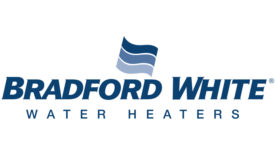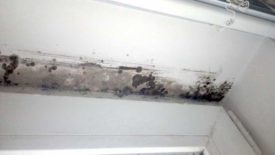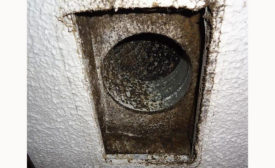Home » Keywords: » mold control
Items Tagged with 'mold control'
ARTICLES
Florida is the state most at risk of mold, averaging high temperatures of 73°F throughout the year
Read More
Abatement Technologies Shares Best Practices for Mold Containment and Remediation
White paper highlights equipment for removing mold spores and particulates
September 12, 2023
How to Keep Indoor Relative Humidity in Range
The ideal range for relative humidity is between 40-60%
Read More
Indoor Environmental Investigator Answers Healthy Home Questions
Caroline Blazovsky explains the teamwork needed to make occupants comfortable, safe
Read More
Interested in Mold Remediation?
HVAC contractors have notoriously passed on this revenue opportunity to other specialists in the field
Read More
HVAC Contractors Prefer to Tackle Mold Via Partnerships
Contractors prefer to refer clients to remediation experts
Read More
EVENTS
Copyright ©2024. All Rights Reserved BNP Media.
Design, CMS, Hosting & Web Development :: ePublishing
